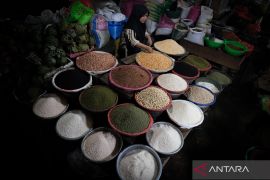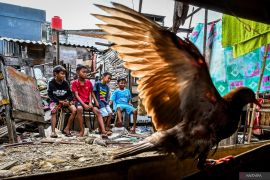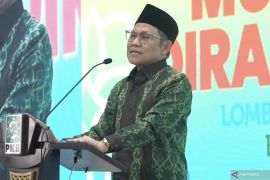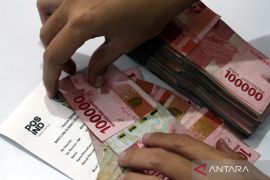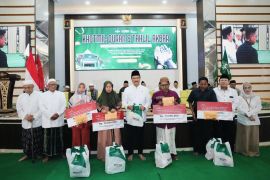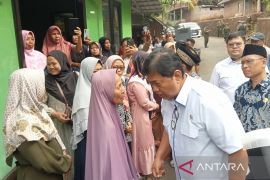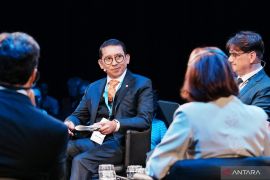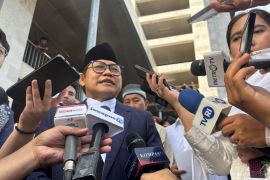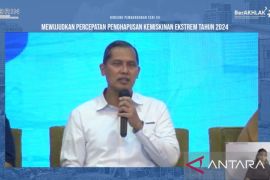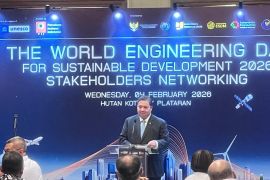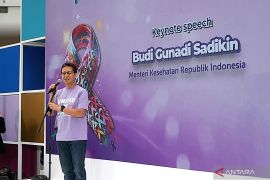"We want this cooperation to reduce poverty and create jobs. These are the two main points," the minister noted in a written statement here on Friday.
Yusuf highlighted that 30 beneficiaries had undergone assessment and received training and a package of business tools, such as a food stall and a mobile ice cream cart, provided by the ministry.
Meanwhile, in training and providing tools for their businesses, the ministry cooperated with private parties operating in related business sectors to implement the empowerment program successfully.
"It is certainly tailored to the choices of the local community. On average, they want to become traders, selling what they can, most of them being food. They will be trained first, and after training, hopefully, they can sell well," Yusuf stated.
In addition to social empowerment in the economic sector, the Social Ministry collaborates with academics to manage organic and inorganic waste.
Waste management can produce higher-value commodities such as gas, gasoline, and diesel and be processed into animal feed, fertilizer, and bricks.
"This can lead to an energy-independent and food-independent village in the future, which will certainly be part of the local economic cycle here," he remarked.
Cangkuang Wetan Village, Dayeuhkolot, Bandung District, West Java, has five extremely poor households with 14 individuals.
Some 239 households in that village are benefiting from the Family Hope Program (PKH), with a total assistance value of Rp173 million.
Meanwhile, 514 households are receiving food aid, with a total value of Rp308 million.
Related news: Need concerted efforts against extreme poverty: RI Govt
Related news: Agrarian reform key to Indonesia's industrial progress: BP Taskin
Related news: Ministries collaborate to tackle extreme poverty in villages
Translator: Hana, Kenzu
Editor: Azis Kurmala
Copyright © ANTARA 2025

